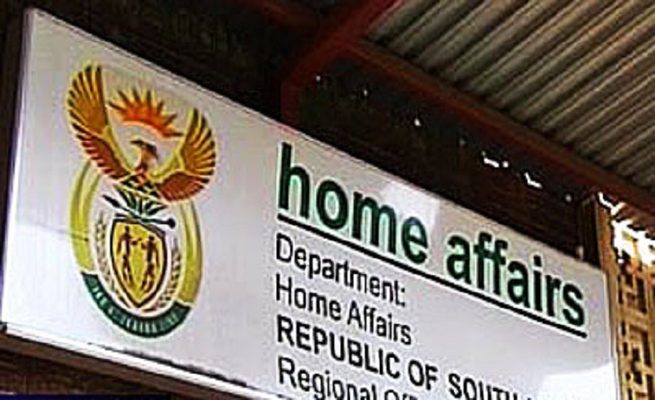A wave of anxiety has swept through the Zimbabwean Exemption Permit (ZEP) holder community in South Africa following reports of widespread bank account freezes in early January.
Thousands of Zimbabweans, legally residing and working in the country under the ZEP scheme, found themselves unable to access their funds, creating significant hardship and uncertainty.
The account freezes, affecting numerous banks, initially caused widespread panic. Debit orders bounced, leaving many struggling to meet essential expenses such as buying food, paying school fees, and covering other crucial living costs.
The sudden inability to access funds left many ZEP holders feeling stranded and vulnerable. The situation was particularly distressing given the lack of prior notification for most affected individuals.
While some banks, such as Capitec, swiftly addressed the issue, stating that it stemmed from a system error and that transactions were restored, the experience highlighted the vulnerability of ZEP holders to systemic banking failures. The issue is not entirely new; ZEP holders have faced similar account freezes in the past, often resolved only after threats of legal action.
The timing of the freeze is particularly concerning, occurring shortly after the Department of Home Affairs extended the validity of ZEPs until November 2025. This extension, announced by Minister of Home Affairs Leon Schreiber, followed earlier uncertainty created by FNB’s text messages to ZEP clients last year urging permit renewal.
This communication was misinterpreted by many as a requirement to apply for a permit waiver or work visa, adding to the existing anxiety surrounding their residency status.
Chitando advises affected ZEP holders to visit their banks with their ID or passport and a printout of the Government Gazette notice extending ZEP validity. He emphasizes a cautious approach: “The ball is in the court of the ZEP holders. If the banks refuse, only then can we consider legal action,” he explains.
The situation underscores the precarious position of ZEP holders, who still face the uncertainty of their future beyond 2025. Should they fail to secure alternative visas, they risk losing their ability to work and live in South Africa. This looming deadline adds another layer of stress to an already challenging situation.
Chitando highlights the potential for legal action if the banks fail to resolve the issue: “If the banks do not remove the hold, we will approach the courts. We can’t go [to] the courts without exhausting other remedies. It’s an issue that affects all the banks. Obviously, it would be preferable for the banks to fix this situation themselves without forcing ZEP holders to approach the banks, which could involve thousands of customers,” he explains.
Responding to queries, FNB’s Stanton Govender, Head for Foreign Nationals and Non-Resident Banking, acknowledged the ZEP extension and stated that the bank was assessing the impact on its customers. He assured customers of FNB’s commitment to compliance and offered direct contact for assistance.
Nedbank also confirmed that they were investigating the matter. The situation remains fluid, with the potential for further developments and the ongoing need for clarity and support for the affected ZEP holders.

Follow @MyZimbabweNews












